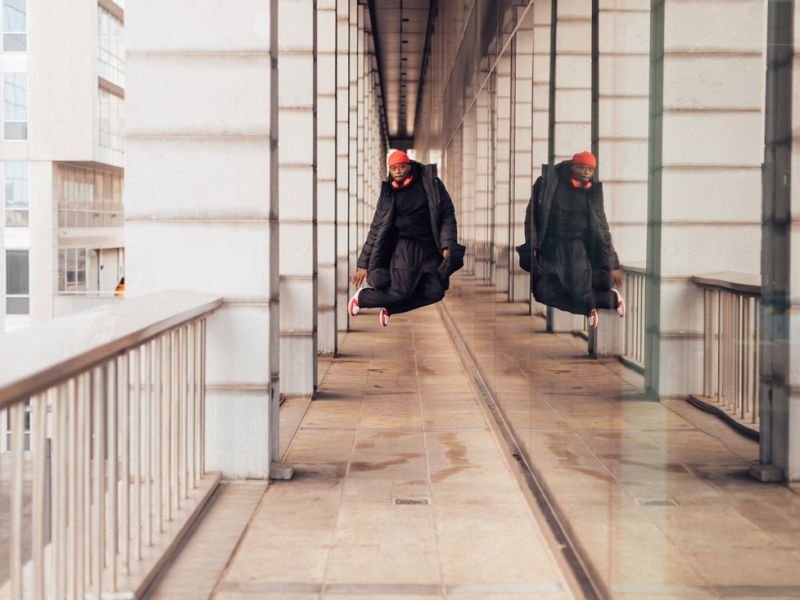Introduction
African Dance holds a rich cultural heritage that encompasses a wide range of traditional and contemporary styles. This article explores the various aspects of African dance, including its history, styles, cultural significance, and the role of music and costumes in enhancing performances. By delving deep into the world of African dance, you can develop a greater appreciation for this art form and its contribution to African culture.

Traditional African Dance Styles
Traditional African dance styles are deeply rooted in culture and tradition. Each ethnic group in Africa has its unique dances, often passed down through generations. These dances are realized in radically different styles, reflecting the diverse cultures found within the continent. From ritualistic dances to celebratory performances, these traditional styles offer a window into the cultural practices and beliefs of African societies.
The Significance of Ritual Dances
Ritual dances have a special place in African culture. They are performed during important ceremonies, such as weddings, funerals, and initiation rites. These dances serve to connect individuals with their ancestors, create social cohesion, and convey specific messages. By exploring the symbolism and movements of these dances, one can gain a deeper understanding of the spiritual and cultural elements embedded within African societies.
Celebratory Dances and Festivals
Alongside the ritual dances, Africa is also known for its vibrant celebratory dances and festivals. These events bring communities together to mark significant occasions, such as harvests or the welcoming of a new season. African Dance Festivals serve as platforms for dancers from different countries to come together, exchange ideas, and celebrate their shared passion for dance. These festivals are characterized by energetic performances, colorful costumes, and lively music.
Contemporary African Dance Styles
In recent years, a fusion of traditional and modern dance styles has emerged in Africa. These contemporary styles often combine elements of African dance with other dance forms like Jamaican dancehall, house, and heels techniques. Contemporary African dancers, such as Nneka, have created their own unique styles that reflect their cultural heritage while incorporating modern influences. These new dance forms not only provide artistic expression but also serve as a means of preserving African dance traditions in a contemporary context.
The Cultural Significance of African Dance
African dance holds immense cultural significance. It serves as a medium for cultural expression, storytelling, and preserving cultural identities. Through dance, Africans convey their history, values, and beliefs. It also acts as a form of social commentary, addressing issues such as politics, gender roles, and social dynamics. By engaging with African dance, individuals can gain a deeper appreciation for the diversity and depth of African cultures.
The Role of Music in African Dance
African dance is closely intertwined with music. Rhythms, drumming, and melodies are integral components of African dance performances. African Dance Music creates an atmosphere that enhances the dancers’ movements and allows for the expression of emotions. The combination of music and dance creates a powerful and immersive experience for both performers and audiences.
The Significance of African Dance Costumes
African dance costumes play a vital role in performances. They not only showcase the diversity of African cultures but also enhance the visual experience for the audience. African Dance Costumes often incorporate vibrant colors, intricate patterns, and symbolic elements that reflect the cultural identities and traditions they represent. The costumes add a visual dimension to the dance, amplifying the movements and creating a captivating spectacle.
African Dance Workshops and Classes
For those interested in learning African dance, African Dance Workshops and Classes provide opportunities to engage with the art form on a deeper level. Skilled instructors share their expertise, introducing participants to traditional and contemporary dance styles. These workshops allow individuals to improve their skills, learn about African culture, and foster a greater appreciation for African dance.
Deepen Your Appreciation for African Dance
African dance is a rich and multifaceted art form that holds immense cultural value. By exploring the diverse traditional and contemporary dance styles, understanding the cultural significance, acknowledging the role of music and costumes, and participating in workshops, individuals can deepen their appreciation for African dance. Discover the richness and beauty of African culture through the expressive and captivating world of dance.
For more information about African dance, workshops, and competitions, visit Dance Competitions – competes.tv or call 650-437-4741.